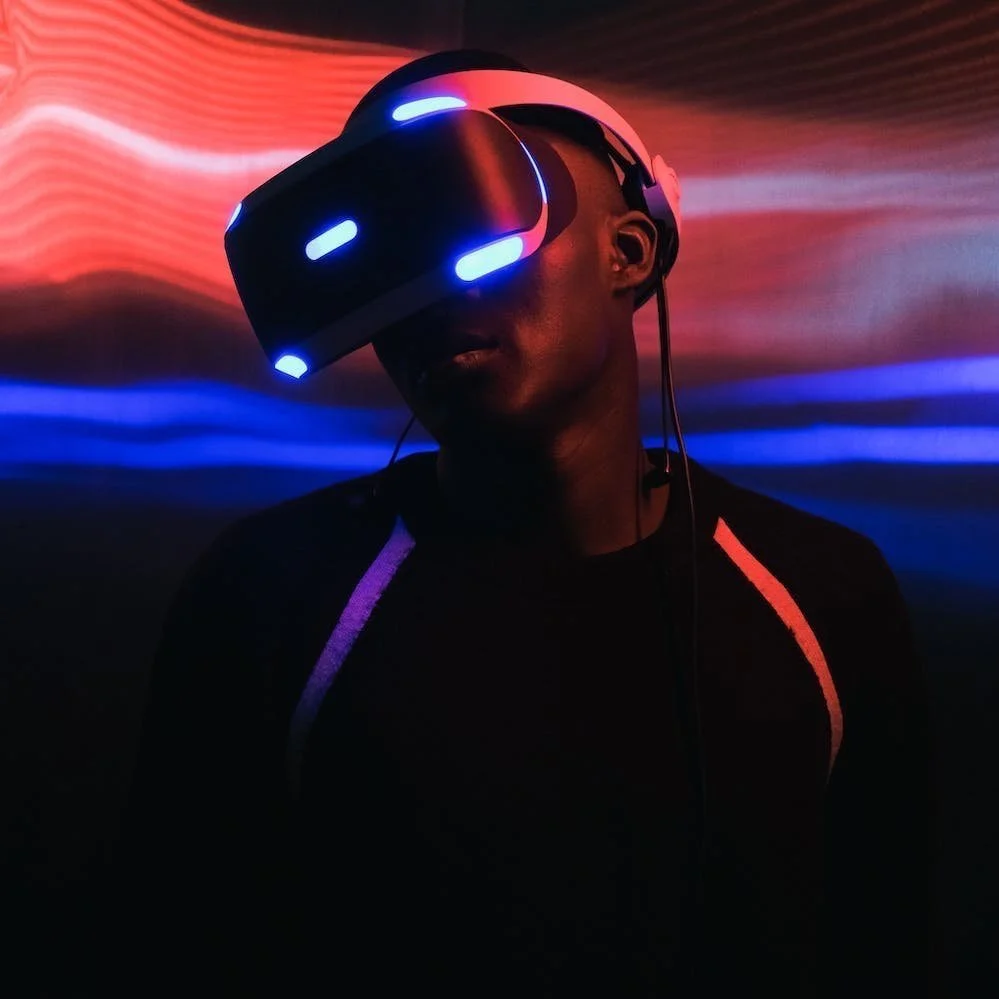Gaming & HBCUs: Brands Should Pay More Attention
Written By: Will Ayers
Students at Historically Black Colleges and Universities (HBCUs) serve as curators and the trends they set are the pulse of popular culture. They impact music, fashion, and in recent years have been one of the driving forces in the world of gaming.
The gaming industry has skyrocketed over the past 10 years and its staying power has been even more evident as the world has faced economic uncertainty. According to a recently released academic piece titled Black Game Studies, Black gamers make up 20% of gaming’s consumer base but that is only the tip of the iceberg when you take a deeper dive into the Black gaming audience.
In a Nielsen report, 73 percent of African Americans ages 13 and older identified as gamers, compared to 66 percent of the total population. So although African Americans make up around 14 percent of the total population in the United States, they outpace the general population by 7 percent when it comes to being identified as gamers.
Although African Americans are one of the leaders in gaming consumption as a community, there continues to be a lack of diversity when it comes to characters in games that embody the true essence of Black culture, a lack of Black characters in video games, and an absence of Black developers. It's imperative that brands invest in these three key areas in order to make gaming experiences more inclusive and reflective of one of its core consumer bases - Black gamers.
Let’s take a look at these three key areas and how they can help your brand build a more meaningful connection with HBCUs and the Black gaming community. 1.) Build an HBCU Pipeline for Careers in Gaming
Many times talent just needs opportunity and for HBCU students, talent has been evident for more than 180 years. HBCUs represent only 3 percent of colleges and universities in the United States but they produce 17 percent of all bachelor’s degrees and 24 percent of STEM-related bachelor’s degrees according to a United Negro College Fund (UNCF) report. HBCUs have also produced 40 percent of the Black engineers in the United States according to Thurgood Marshall College Fund (TMCF). Although the impact that HBCUs play in Black college graduates speaks for itself, Black professionals only make up 2 percent of professionals in the gaming industry according to a leading trade association.
In order to close this gap, brands must partner with HBCUs to introduce students to the gaming industry and careers in tech that they may not have previously had a roadmap to. This will help companies build a more meaningful pipeline of diverse candidates and help create more authentic gaming experiences that resonate with Black audiences.
2.) Representation and Diverse Gaming Experiences Matter
Gaming experiences that reflect the real world are pivotal in creating memorable experiences for Black gamers. With the increase in a more diverse population worldwide and in the United States, the gamers want a more realistic representation of the world they live in. According to a gamer sentiment study, 51 percent of gamers in the United States find diversity, equity, and inclusion important. This includes having more Black characters or options within the gaming experience that allow Black gamers to customize their characters to reflect their community. Leveraging the feedback and needs of HBCU gamers will really help brands build more diverse gaming experiences that resonate with the Black community.
3.) Eliminating Subconscious Bias in Video Games
Whether a company is building artificial intelligence or video games, there is bias that can potentially be built inside of the product if it is not created by a diverse group of people who understand the determinants of racial bias. To overcome this roadblock, brands must partner with Black developers to ensure that video games don’t reflect the racial bias that many Black gamers face in everyday life. In a survey by the International Game Developers Association (IGDA), only 2 percent of respondents identified Black, African-American, African, or Afro-Caribbean. It’s pivotal that the stories of Black characters in video games are written and developed by Black creators who understand the true Black experience in the United States and across the diaspora in order. Brands have an opportunity to lead the charge in shaping this narrative and eliminating these potential biases by working with Black developers who have graduated from HBCUs or who understand the Black experience.



